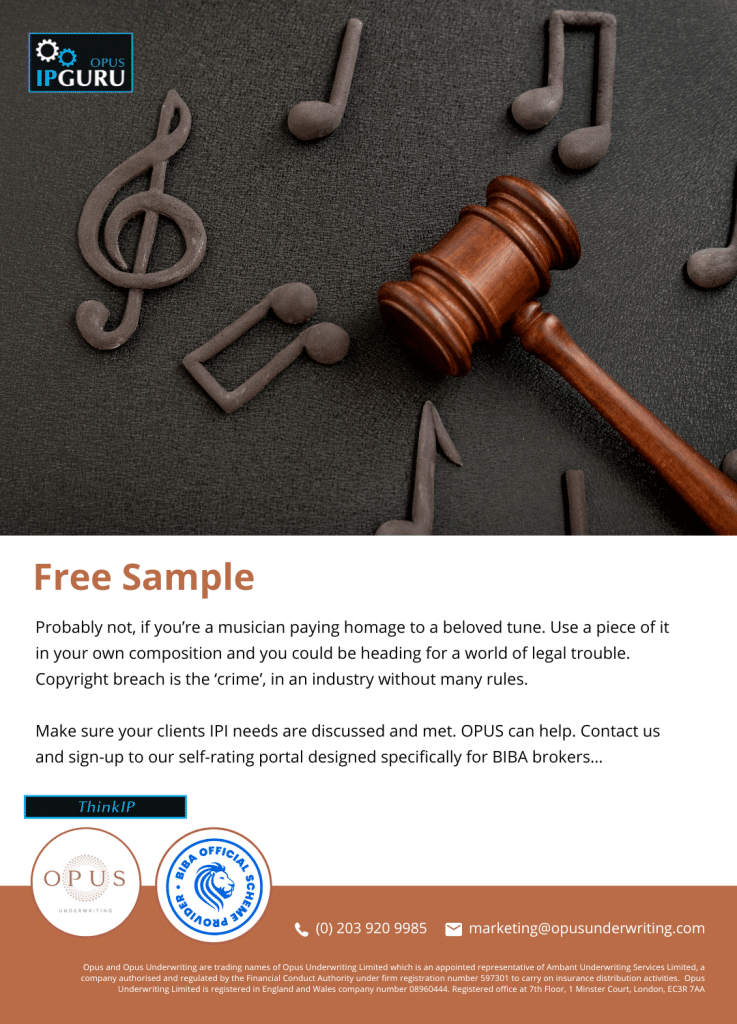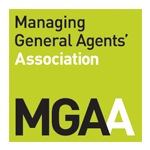Sample Sale
Pariah
Sofa swatches to sperm. Paint pots to pop music. Wallpaper to wine. We live in the age of the sample. You might be relieved to hear it’s the musical type, in this News Blog, that’s grabbed our attention this week.
Why? Well, blame Ozzy Osbourne and his recent spat with Kanye West plastered all over the Jewish Chronicle, among other news outlets. What’s Ozzy’s beef?
It seems Kanye asked Ozzy’s permission to sample a section of a 1983 live performance of “Iron Man” by Black Sabbath from a US festival, without the vocals. Very firmly, Ozzy said “no”. In his X account, Ozzy cited Kanye’s recently reported outbursts of antisemitism which he said has caused untold heartache to many, as the reason for the request denial. It’s alleged Kanye used the sample anyway. Ozzy’s wife, Sharon, is Jewish. Quite what Ozzy might do next is anybody’s guess. Probably best not to sit them on the same events table for a while.
The obvious sensitivity and topicality of this quarrel aside, sampling in the music business is rife. How do you do it without falling into plagiarism? What are the rules, if any, and the bear pits.
Fairies Wear Boots
Tread carefully, a lawsuit may be just around the corner. As a young inexperienced songwriter don’t be lulled into thinking you can just ‘take’ a sample because they are all at it. They are all at it (nearly all). But “they” are the glitterati of music with small armies of ‘my people’ who talk to ‘your people’, negotiate and ‘make it happen’. All the while, ensuring the sample is safe to use. These people diffuse the legal tripwire for you and, typically, do a deal. If armies of bomb-disposal flunkies are not available to you…then you’d best watch out.
It’s the ugliest of starting points for the young creative. There’s no definition of sampling. Probably best described as the act of using a part of some previously composed music and inserting it in a new track that’s, er…mostly, your own. Think of it, perhaps, as demonstrating through phrases of music, something that has inspired you. Here’s the rub: you need to do this without passing it off as your own, plagiarising it and breaching copyright. A creative high-wire act. Take heart that even Ed Sheeran ended up in court for alleged plagiarism with “The Shape of You” and he must have lots of his own people. In Ed’s case, as is often so, this was done unwittingly. Lack of prior knowledge being no defence to copyright breach.
Plagiarism is copyright breach, and an artist has copyright by writing the music, there is no need to register the copyright. It’s automatic. Broadly, given the legal imprecision, one person’s sampling can be another’s plagiarism thereby oiling the wheels of litigation in this field leading, mostly, to license agreements and settlements rather than barrelling headlong towards the court to grip the oak rail and suffer withering cross-examination in public gaze.
Rock ‘n’ Roll Doctor
Famous artists abound who’ve sewn songs together like folksy bedspreads and, when needed, used the sticking plasters of deals to avoid ending up in court. Drake did it in “Hotline Bling”, 50 Cent in “21 Questions” sampling Barry White. Dr. Dre even sampled a man from U.N.C.L.E. when he used the 1967 song “The Edge” by Scottish actor David McCallum in “The Next Episode”.
Interestingly, artist Juice WRLD sampled Sting’s 1993 song “Shape of my Heart” in his 2018 hit “Lucid Dreams”. There was never any need for the artists to fall out over the use because Sting retained 85% of the rights to the new song which he said would:
“…put his grandkids through college”.
Channeling Ozzy and Kanye West, artist Eminem sampled English artist Labi Siffre in “My Name Is”. Siffre, who is openly gay, originally refused the request to use the sample from his song “I Got The…” because of alleged homophobic lyrics in Eminem’s song. Instead, he had the troublesome and dodgy discriminatory language removed before giving consent. Now there’s common sense.
Kanye West has also sampled one of Siffre’s songs. The negotiation on that deal is unreported.
And, for completeness, it’s not just the chaps who needed to do deals. So too, did Britney Spears, Ariana Grande, Rhianna, Dua Lipa, Beyonce and Destiny’s Child to name but a few. Told you they were ‘all’ at it.
Paranoid
We’ve established using a piece of an old song to create something new isn’t novel in today’s music world. It’s an everyday occurrence. What’s not helpful is the total lack of any framework for negotiation should you wish to use a sample and, wisely, avoid a pitched battle. No pricing structure and no listing of former deals. Nope, nothing as obviously sensible. What we do know is infringement can be ‘cured’ by simple consent, a 100- 100,000-dollar deal, a formal licensing agreement or, co-writer status. The creator of the original material could react like Ozzy, or purr with flattery and nod through unrestricted approval. You just can’t be sure.
If you want to sleep well at night – best to ask first. Of course, if you really like a tune, you could always do a cover-version. Just saying.
Murray Fairclough
Development Underwriter
OPUS Underwriting Limited
+44 (0) 780 145 9940
underwriting@opusunderwriting.com








